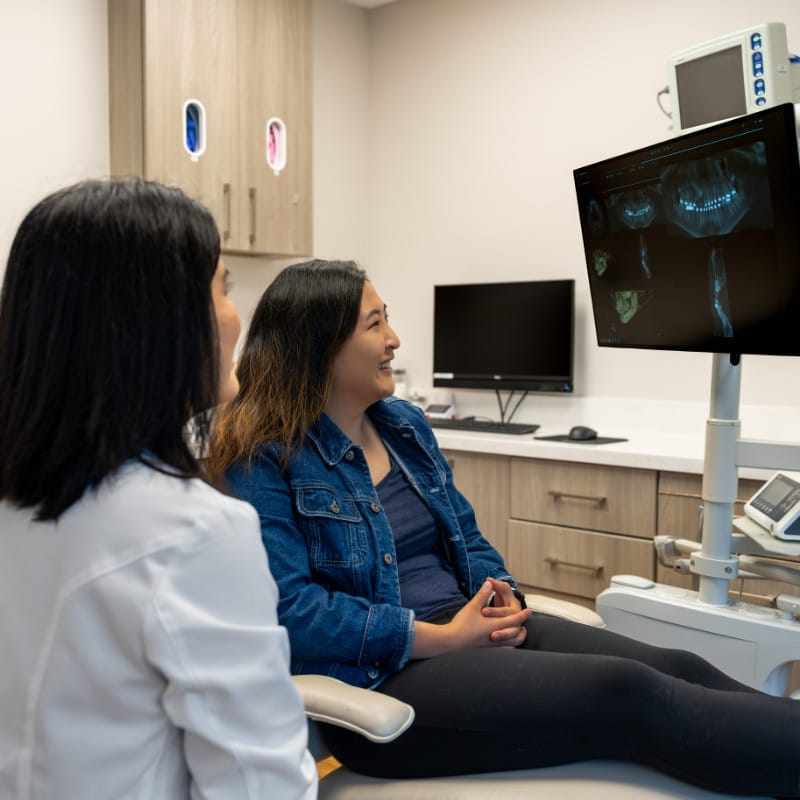
Third molars are mainly popularly referred to as wisdom teeth, and they are the final teeth to develop within an individual and may only come out at the age of 17 to 25 years. These molars can present dental problems to these people due to their notoriously late eruption and relative unpredictability. Therefore, the fourth molars, or the Wisdom Teeth Removal.
Why Wisdom Teeth Removal?
The most common cause for extracting the third molars is that they usually become impacted. This is likely to happen when these molars experience poor eruption through the gum to allow proper alignment with other teeth. When the wisdom teeth are sitting incorrectly, it may cause issues like infections that may develop around the impacted wisdom teeth, cysts on the site, and heavy wear or possible damage to other teeth.
What are the Preventive Measures?
There is prevailing advice from dentists to get an early check of the wisdom teeth through X-ray to determine their position and growth. It is commonly advised that the teeth should be extracted at the age of 14 to 18 years because the roots of the teeth have not fully developed, increasing the difficulty of extraction and the likelihood of adverse effects.
Procedure and Recovery
The procedure may consist of a routine extraction; however, if the teeth are in a difficult position or are more precisely in the gum, you will need a more surgical severe extraction as they are deeply embedded in the jaw. It is widespread to use either local or general anesthesia to relieve the pain and sensations of the patient.
Patients are also given post-operative care instructions that should be followed later to minimize such complications as dry sockets or infection. This consists of washing the area from where the extraction was done without rigorous movements, not over-exercising immediately after the procedure, and eating soft foods in the first days.
Long-term Benefits
Early wisdom tooth extraction has benefits in addition to preventing future dental issues and improving the general well-being of the mouth. People can consequently avoid infections, harm to nearby teeth, and other related problems and have a healthier dental system without needing extensive dental treatment in their later days.
Conclusion
Surgery of the third molars is one of the most widespread dental treatments to prevent future problems with teeth and jaws. If evaluated early and removed early, it is usually advised to remove it when the girl is between 14 and 18 years old without complications. Suppose a person has any pain or has consulted a dentist who has recommended the Wisdom Teeth Removal. In that case, one must consult an experienced oral surgeon and carefully plan how this should be done.





Write a comment ...